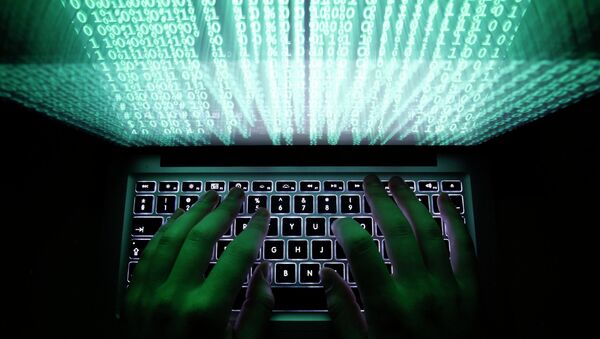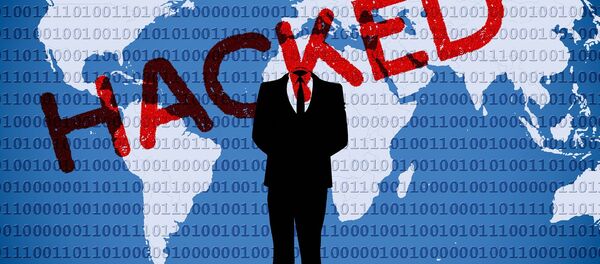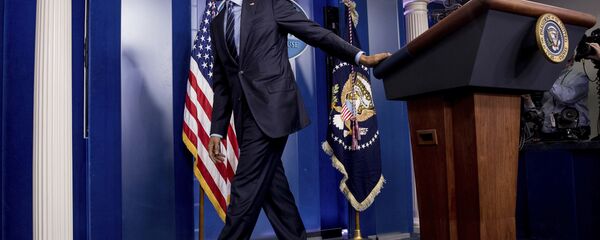"According to our latest evaluations, there was a monthly average of 500 threatening cyberattacks last year against NATO infrastructure that required intensive intervention from our experts," he told the German daily Die Welt.
"That's an increase of 60 percent compared to 2015. Most of these attacks did not stem from private individuals but were sponsored by national institutions of other countries," he added.
The top NATO official said the increasing threat has forced the organization to put the issue of cyber defense on the top of the agenda for its next summit in Brussels, adding that cyberattacks can undermine the defense readiness of NATO and hinder the work of armed troops on the battlefield. He called on the bloc to boost its online defense capabilities.
Also on Thursday, the president of the German domestic intelligence agency BfV, Hans-Georg Maassen, said that he is concerned that Russia might carry out cyberattacks on his country even though Berlin had no evidence to support his claims.
Commenting on the above remarks, telecom expert, journalist, and editor-in-chief of the portal “Mobile Telecommunications" Leontiy Bukshtein told Radio Sputnik that such claims, particularly those of cyberattacks targeting NATO are, first and foremost, beneficial to the military lobby.
While commenting on Stoltenberg's remarks, he said that even though the NATO chief didn't explicitly mention Russia, it was nonetheless implied.
"It is all that simple: if there is no potential enemy, there will be no investments, procurements, no arms production," he told Sputnik.
Business is of major importance to the Western countries, he said. And the arms business is probably the most serious one. Hence they have invented an enemy by insolently claiming that there is a direct line running from the Kremlin towards Russia's distant frontiers, delivering hacker parcels right to Europe's doorsteps.
The expert, however, said that all the claims of cyberattacks are ridiculous as it is almost impossible to identify a hacker and where he comes from until he himself confesses.
Bukshtein also said that there is one and the same master behind all the above claims of Russia's cyberattacks.
"Do you really think that Stoltenberg has all of a sudden woken up with the thought of these cyberattacks?" he asked.
"There is a certain mastermind behind all these claims."
"How would you imagine the Kremlin and personally President Putin ordering a cyberattack? By ordering an attack on the White House while drinking his morning coffee?" he wondered.
"On the one hand, it sounds ridiculous, while on the other, nevertheless scary," he said.
"These are the people who have in their possession huge resources and opportunities to turn the world into ashes. However they are playing such games," he told Sputnik.
He further elaborated that it resembles a shell game, a form of the game thimblerig in which spectators bet on the final location of an object hidden under one of three walnut shells or cups that have been shuffled. However under these people' shells or cups there are tanks, guns and combat jets.
While commenting on the so-called "threat of Russian aggression", the expert wondered was it Russia to instigate wars worldwide or crush other countries and overthrow governments.
"As for Stoltenberg, he is an "arrant armchair warrior". I would have loved to try him on a battlefield back in 1943 (a turning point in the Second World War which stopped the German advance into the Soviet Union and marked the turning of the tide of war in favor of the USSR)," he finally stated.
Never miss a story again — sign up to our Telegram channel and we'll keep you up to speed!





